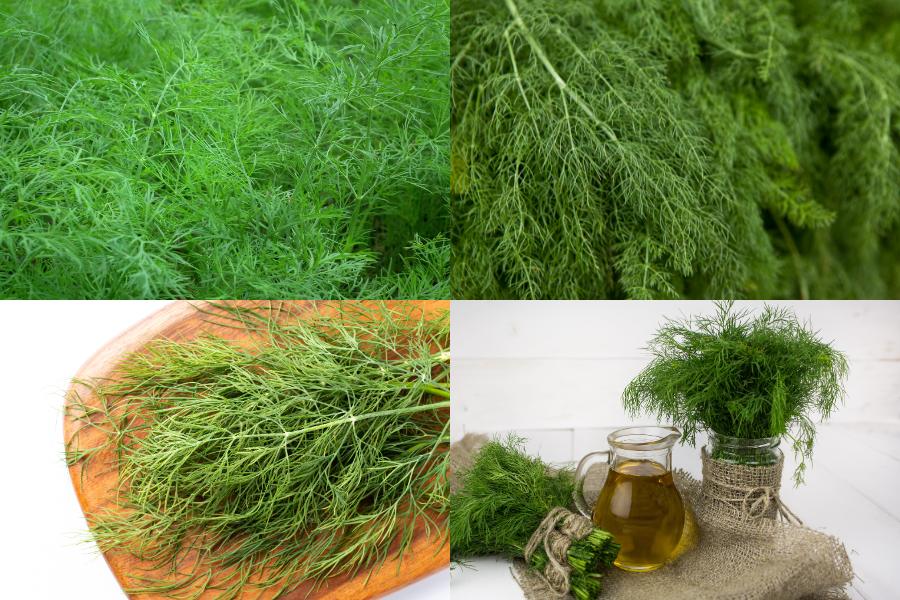Why should people with high blood pressure eat fennel?
It is rich in antioxidants such as flavonoids and vitamin C, which help protect blood vessel walls from damage caused by free radicals, thereby contributing to preventing high blood pressure.
In addition, fennel is also rich in fiber, which helps slow down the absorption of sugar and reduce pressure on the circulatory system.
In addition, fennel is a natural source of potassium - a mineral that plays a role in regulating high blood pressure by supporting the excretion of excess sodium through urine. When blood sodium levels decrease, blood pressure also tends to be more stable.
How to add fennel to your diet to help lower high blood pressure
Spices: You can sprinkle fresh fennel or ground fennel seeds on soups, salads, steamed fish, baked potatoes or mix with yogurt to enhance flavor and add nutrients.

Drink fennel tea: Steep 1 - 2 tablespoons of fennel seeds in hot water for 5 - 10 minutes to form a cup of herbal tea to help relax and support blood pressure regulation.
Combined with vegetable juice: Fennel leaves can be ground with celery, apples, and cucumber to create a heart-healthy juice.
Use in stir-fried or steamed dishes: Add the fennel to fried eggs, boiled vegetables or stir-fried fish for both deliciousness and heart health.
Notes when using fennel are to help lower high blood pressure
Although fennel is beneficial for blood pressure, consuming too much (especially fennel seeds) can cause digestive disorders or affect hormones in some sensitive people.
If you are taking blood pressure medication, diuretic or endocrine medication, you should consult your doctor before supplementing it regularly.
That is, it only plays a role in supporting blood pressure stabilization. Patients still need to comply with the treatment regimen and healthy lifestyle as prescribed by a medical professional.











